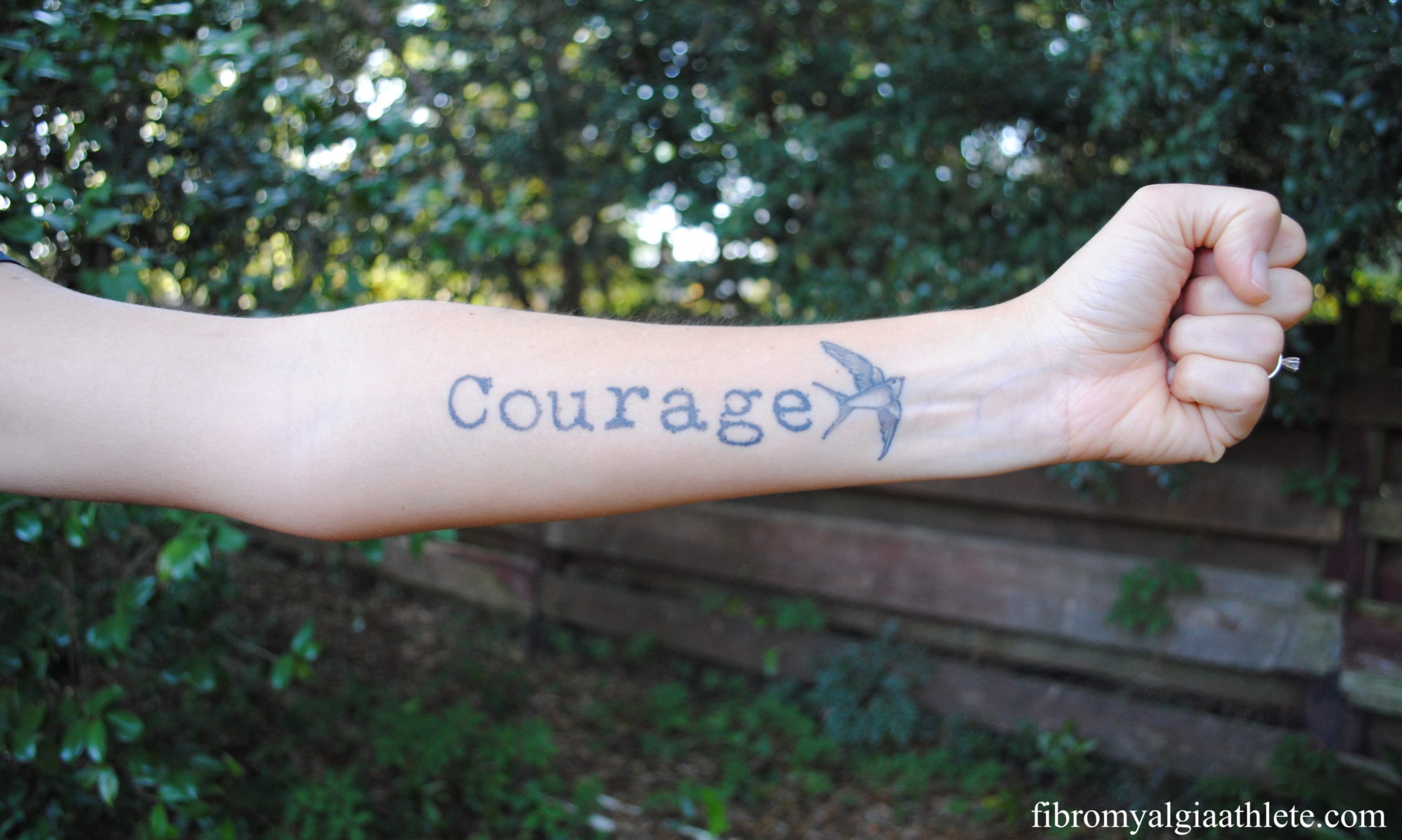
My friend Gloria was diagnosed with stage 4 breast cancer in 2008. She has been through surgery, chemo, and radiation, and continues to endure infusion therapy every twenty-one days to block estrogen from feeding the cancer cells. Right now, cancer lives throughout her skeletal system but is not in any visceral organs. She’s beaten incredible odds to survive well past doctors’ predictions. Unfortunately, her survival comes with a price—chronic pain. Gloria is an adventure-loving, free-spirited person who hopes her experience can help other people who are also fighting cancer.
What were your initial thoughts when you were diagnosed with cancer?
I can’t call it shock because I knew it was cancer when I first felt the lump. But the first time I heard the confirmation of my intuition—“you have breast cancer”—I went into a tunnel. I heard “you’ll need surgery and chemo,” and everything was muffled sounds outside my tunnel. All I could hear clearly were my thoughts: ‘This is it. This is how I will die.’
What would you want friends and family to know about helping a loved one newly diagnosed with cancer?
“I don’t know what to say” is ok. Even silence is fine. I didn’t want to hear anything but “I’m here for your” or “I’m sorry.” Or silence. Not “my aunt had cancer, you’ll be fine, or don’t worry.” I wanted them to just be there.
Do you have advice for new cancer patients to help them take care of themselves emotionally?
Don’t start spending too much time obsessing on the internet. Don’t look up survival rates. Everybody’s different—when you first get diagnosed, you don’t even know what you’re dealing with. You need to process that you’ve been diagnosed with cancer, and that’s it. Things will change. You might get discouraged about something that’s going to change anyway.
Have there been any happy surprises since being diagnosed?
What I call my angel experience. I was going through chemo and had to go to physical therapy to get my right arm moving again. A lady walked up to me and said, “do you have breast cancer?” And I was pissed at her for asking because it was obvious that I was weak and bald. But then she said, “I’m a twenty-year survivor, stage 4, in the bones, thoracic, sternum, cervical, and lumbar. You are going to be alright.” The same shit I have! Then she walked away and disappeared and I never saw her again. That was enough to encourage me. That was a real turning point. I’d started out real positive, but then I started sinking. And then she showed up.
If you meet someone who just found out she has cancer, what would you want her to know about how to handle day-to-day life?
Keep a journal. It’s important to write down how you feel. I think the hardest part is listening to everybody’s bullshit. You have to just not listen to too much and try not to look too far ahead.
What’s one of the best decisions you’ve made since your diagnosis?
To just live in the moment. Not to worry about down the road, because you can’t. Nobody’s going to get out alive. Honestly, not having to go to work anymore helps. I don’t have all that stress. Most days I’m in a lot of pain, and when I worked as a nurse, I couldn’t lie down and rest when I needed to.
What’s your favorite part about survival?
I can spend each day appreciating what I have. I appreciate time. I get up and sit on the porch and listen to the birds. And being with Ruby, my dog, is my life. She’s my baby.
